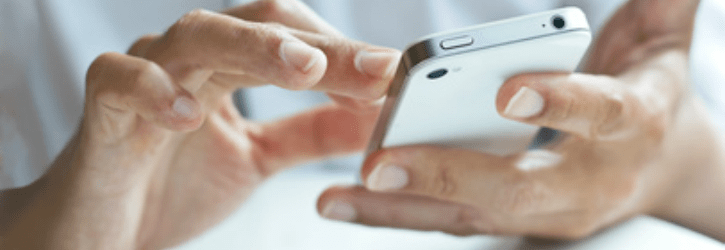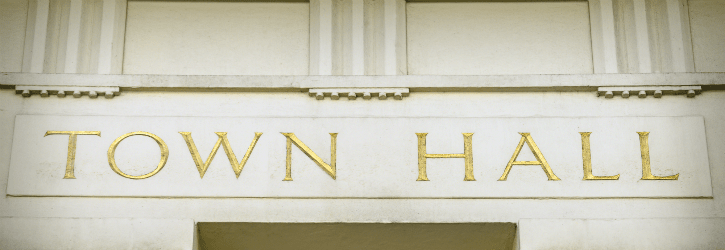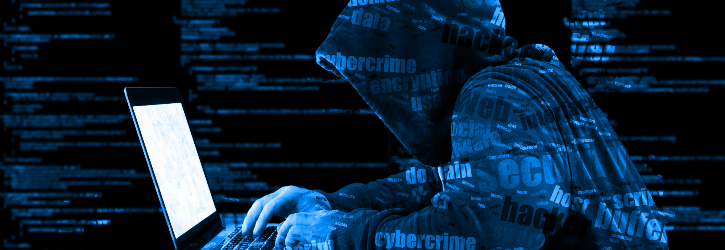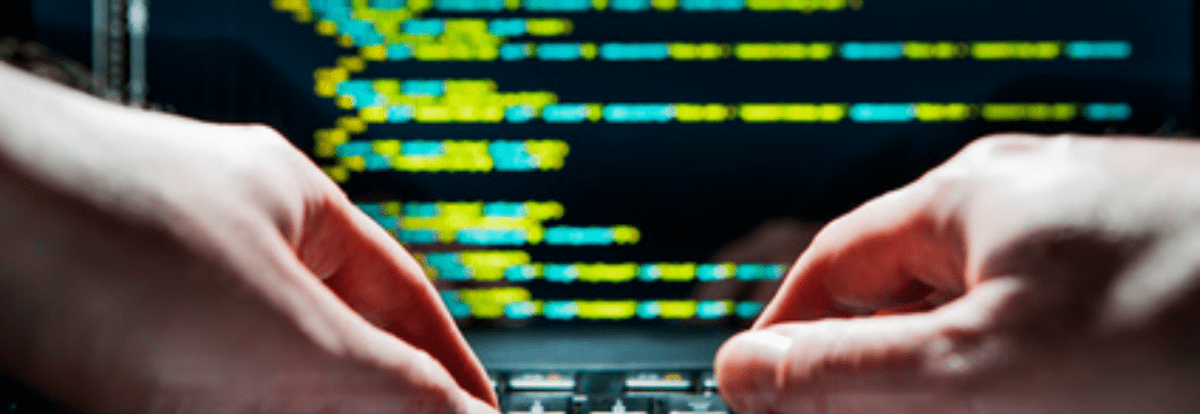
Welcome To The Data Leak Lawyers Blog
We focus on the latest news surrounding data breaches, leaks and hacks plus daily internet security articles.

We focus on the latest news surrounding data breaches, leaks and hacks plus daily internet security articles.

You could be entitled to claim compensation for e-skimming fraud and data theft events with our team on a No Win, No Fee basis today.
This kind of cyberattack is a growing problem and we expect to see more events of its kind take place over the coming months and years. Some of the over 45 group and multi-party actions that we’re involved with involve such events as well.
As a leading firm of data breach and consumer action lawyers, we represent thousands of clients for cases and we may be able to help you too.

When passwords are exposed in cyberattacks, victims can be entitled to make a claim for data breach compensation with us on a No Win, No Fee basis.
As a leading firm of data breach and consumer action specialists, we represent thousands of people for individual and group action cases. Many of those have had personal information exposed as a direct result of a cyberattack, which has involved exposed credentials. People have legal rights that are enshrined in law, and you could be entitled to claim damages if this has happened to you.
Data breach compensation amounts can be based on the extent of any distress and any impact on you. There are also some key steps to take to protect yourself as well.

We are concerned to hear about the Babylon Health data breach following the story hitting the headlines and our firm being approached for media comment.
The app has been used for GP video appointments and reportedly has more than 2.3 million registered users in the UK. We understand that it may be popular right now as a result of the coronavirus pandemic, and now – more than ever – we need to make use of technology to keep us all safe. That being said, information must be safe and secure, and must not be exposed. If it is, victims should know their rights.
If you have been affected by this incident, we may be able to help you.

If an organisation has published personal data online about you and they didn’t have just cause, reason or consent to do so, you could be entitled to claim compensation.
If this has happened to you, we may be able to represent you for a legal case on a No Win, No Fee basis. There are plenty of ways in which this kind of data leak can happen, and it’s only right that victims have a voice for justice.
As a leading firm of data breach and consumer action experts, we regularly help people for breaches where this has happened. We may be able to help you too.

If you’ve been the victim of a data breach and your debit or credit card details are exposed, you have rights. You may be eligible to make a claim for compensation, and we may be able to help you.
A number of the group and multi-party actions that we’re fighting for justice in involve payment card information being compromised. It can lead to significant distress or the victim, as well the clear risk of fraud and theft. We’re often in the media as a ‘go-to’ name for journalists when it comes to serious data breach events and people’s rights, so this is an issue we frequently talk about.
Criminals targeting payment data is a serious and widespread problem. Victims can access the justice that they deserve, and we are here to help.

If a letter is sent to the wrong address and this leads to a data breach where your privacy or information has been compromised, you may be able to claim compensation.
This kind of legal case is one that we can take forward for a victim on a No Win, No Fee basis for eligible clients. Your rights are enshrined in law and victims can claim damages where this kind of incident has led to the misuse or exposure of information.
It can be a common type of breach that we have helped people for over the many years we’ve been at the forefront of data breach compensation. As a leading law firm in this complex and niche area of law, we can help you.

Anyone who has been affected by government data leaks can be entitled to make a claim for compensation, and we may be able to offer No Win, No Fee representation.
Despite certain events that take place, the government is not above the law and can be held to account. When it comes to important data protection legislation, they must abide by the GDPR and the other laws that are in place to safeguard information that is stored and processed. Where data is leaked, victims could be entitled to claim, and we may be able to assist.
Don’t be afraid that you may need to take on the government in a case. As a leading firm of consumer action and data breach compensation lawyers, we’ll fight your corner. We’re used to taking on governments as well as some of the biggest corporations, insurers and defence law firms in the world. You have rights, and we can fight for them for you.

Some statistics have put the number of downloads for mental health apps at one million since the start of the coronavirus pandemic, and these apps have been around for quite some time.
The additional strain that the pandemic is causing on our mental wellbeing is widely recognised, and the increased usage of such apps doesn’t come as a surprise. But people do need to be careful, and some apps will be more secure than others. It’s a perfect opportunity for scammers to try to muscle their way in to get hold of sensitive information too.
So, should we be concerned, what may happen if an app is breached, and what can we do to help people?

The Interserve data breach is said to involve around 100,000 people after a cyberattack resulted in access to a human resources database.
Personal and sensitive data looks to have been exposed. Anyone affected by the breach may be entitled to claim data breach compensation, and our team can offer you free, no-obligation advice. We are taking cases forward on a No Win, No Fee basis and, if the breach was preventable, victims could be eligible for damages.
As a leading firm of consumer action and data breach compensation specialists representing thousands of people for cases in this niche and complex area of law, we are here for you.

Deleting information can be done by request or in-line with how data processors will store and use information. But what about intentionally erasing information that shouldn’t have been erased?
Although we’d like to think that this kind of thing wouldn’t happen, it does. Sometimes, organisations or the people working for them may opt to try and avoid the fallout of a problem by erasing information; i.e. ‘getting rid of the evidence’. This is wrong, and victims should know their rights when something like this happens.
As a leading firm of consumer action and data breach compensation lawyers, we represent victims for this kind of case. Here’s how we may be able to help you.
EasyJet admits data of nine million hacked
British Airways data breach: How to claim up to £6,000 compensation
Are you owed £5,000 for the Virgin Media data breach?
Virgin Media faces £4.5 BILLION in compensation payouts
BA customers given final deadline to claim compensation for data breach
Shoppers slam Morrisons after loyalty points stolen
Half a million customers can sue BA over huge data breach
Lawyers accuse BA of 'swerving responsibility' for data breach
The biggest data breaches of 2020
Fill out our quick call back form below and we'll contact you when you're ready to talk to us.